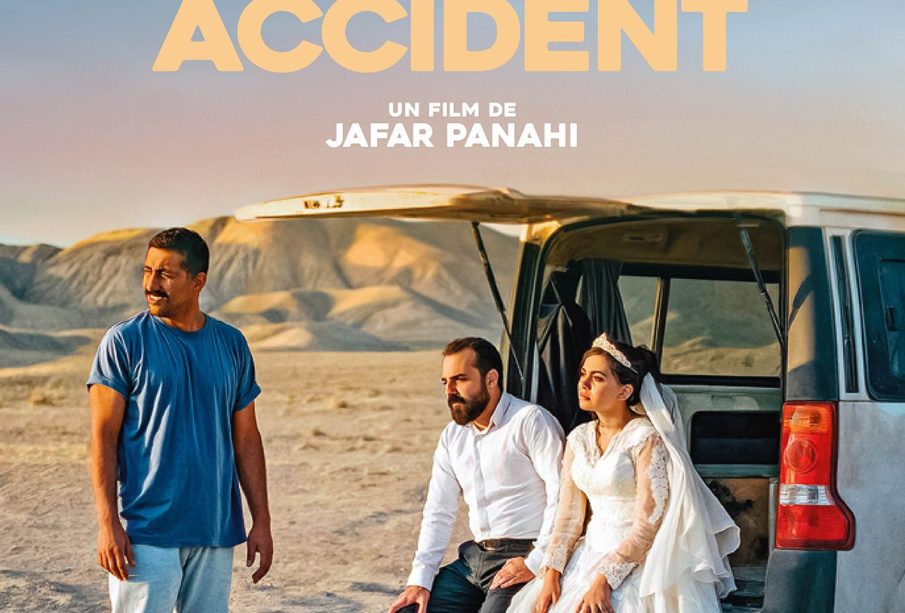Exploring ‘It Was Just an Accident’ by Jafar Panahi

Introduction
Jafar Panahi, an esteemed Iranian filmmaker, has made headlines once again with his latest film, ‘It Was Just an Accident’. Known for his bold storytelling and masterful direction, Panahi has faced numerous challenges due to his outspoken views against the Iranian government. This film not only highlights the struggles of everyday life in Iran but also illuminates the personal and political ramifications of artistic expression. The importance of Panahi’s work lies in its ability to provoke thought and discussion about freedom and creativity in restrictive environments.
The Film’s Overview
‘It Was Just an Accident’ debuts amidst a backdrop of increasing censorship and repression in Iran. The film follows the intricacies of an Iranian family as they navigate through a series of unfortunate events, mirroring Panahi’s own tumultuous experiences with the authorities. The narrative unfolds elegantly, combining elements of realism with a touch of dark humour, capturing the essence of life’s unpredictability. Panahi’s portrayal of complex characters draws the audience into their struggles, making their stories resonate on a universal level.
Critical Reception
Upon its release, the film received warm responses from both critics and audiences alike. Film festivals around the world have applauded the work, noting its authentic depiction of societal issues coupled with Panahi’s unique storytelling style. Critics have highlighted the film as a significant commentary on the consequences of living in a repressive regime, articulating the irony inherent in the title—emphasising that accidents in life often arise from larger systemic failures. Major film publications have ranked it as one of the must-see films of the year, further cementing Panahi’s legacy in international cinema.
Impact and Significance
The significance of ‘It Was Just an Accident’ extends beyond just entertainment; it serves as a poignant reminder of the power of film as a medium for change. Panahi’s courage to confront societal taboos speaks volumes about the resilience of artists in the face of adversity. As audiences engage with this film, they are prompted to reflect on the broader implications of freedom, artistry, and the importance of narratives that challenge the status quo.
Conclusion
‘It Was Just an Accident’ is more than just a film; it is a testament to Jafar Panahi’s unwavering dedication to his art and the poignant realities faced by many in Iran today. As cultural and political landscapes continue to change, Panahi’s work invites viewers to ponder the intersections of life, creativity, and resistance. His influence persists, encouraging filmmakers worldwide to embrace authenticity and courage in their storytelling.









